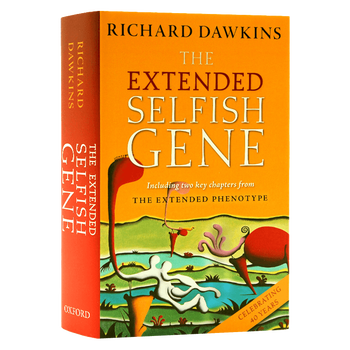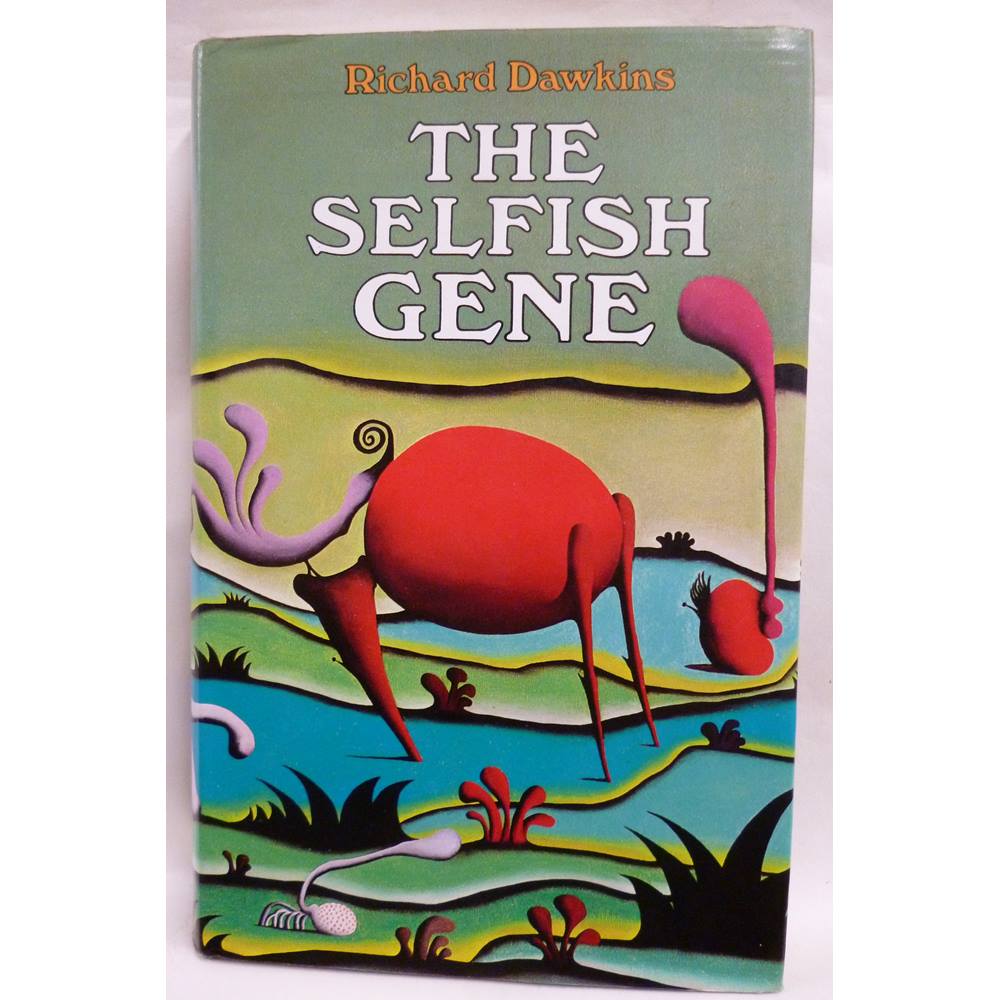


Oxford Landmark Science books are 'must-read' classics of modern science writing which have crystallized big ideas, and shaped the way we think. The library loaned me a 1989 edition of The Selfish Gene which has two new chapters (12 and 13) that add little but more pretend proof of microscopic behavioral super constriction into analytic fantasies that are intriguing interesting fairy tales totally unverifiable. But Dawkins' clear exposition is accessible to all who are prepared to put in a little effort. The Extended Phenotype is a conceptually deep book that forms important reading for biologists and students. It represents a key scientific contribution to evolutionary biology, and it continues to play an important role in research in the life sciences. This notion of the extended phenotype has proved to be highly influential in the way we understand evolution and the natural world. So, for instance, the genes of the beaver drive it to gather twigs to produce the substantial physical structure of a dam and the genes of the cuckoo chick produce effects that manipulate the behaviour of the host bird, making it nurture the intruder as one of its own. In it, Dawkins extended the gene's eye view to argue that the genes that sit within an organism have an influence that reaches out beyond the visible traits in that body - the phenotype - to the wider environment, which can include other individuals. Written in part as a response, The Extended Phenotype gave a deeper clarification of the central concept of the gene as the unit of selection but it did much more besides. The book provoked widespread and heated debate. In The Selfish Gene, Richard Dawkins crystallized the gene's eye view of evolution developed by W.D. Oxford Research Encyclopedias: Global Public Health.The European Society of Cardiology Series.Oxford Commentaries on International Law.


 0 kommentar(er)
0 kommentar(er)
